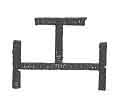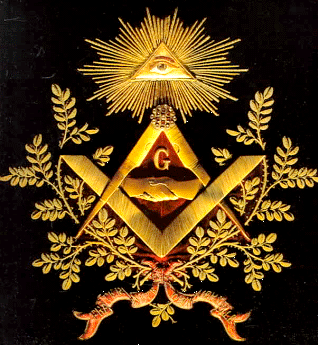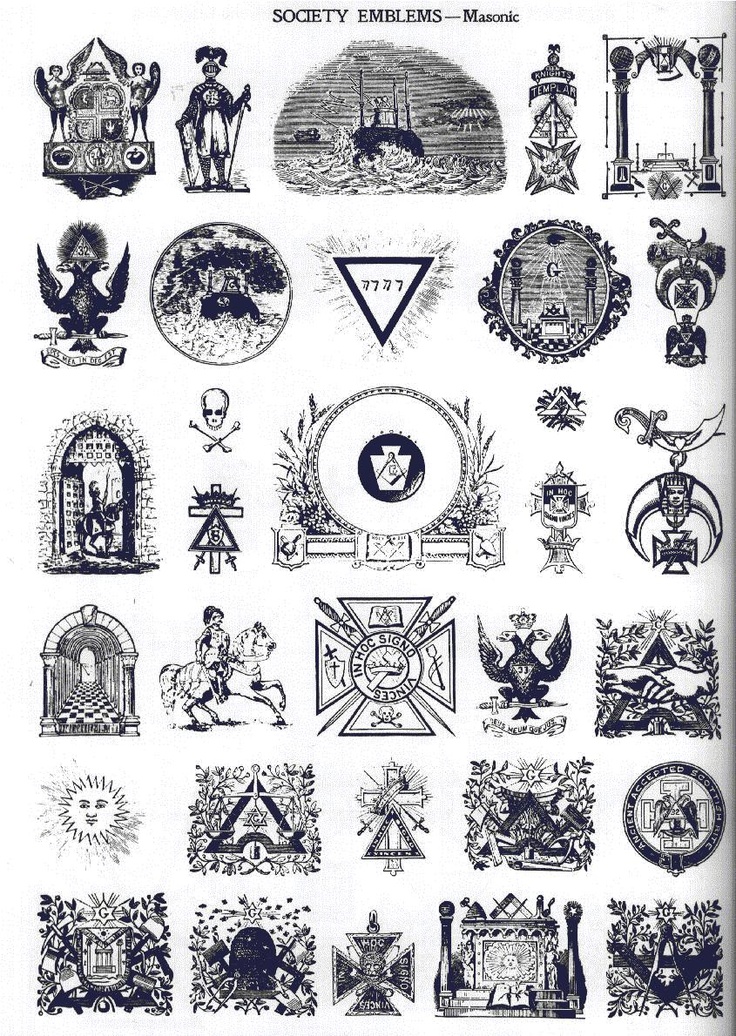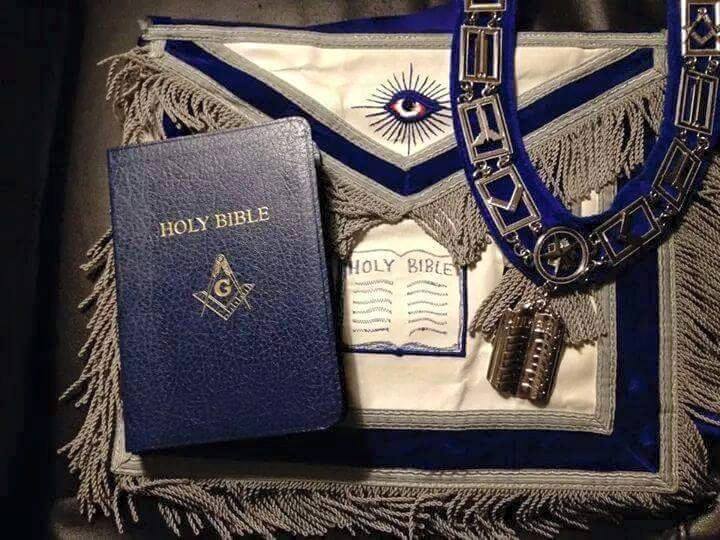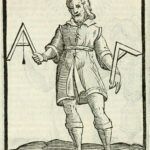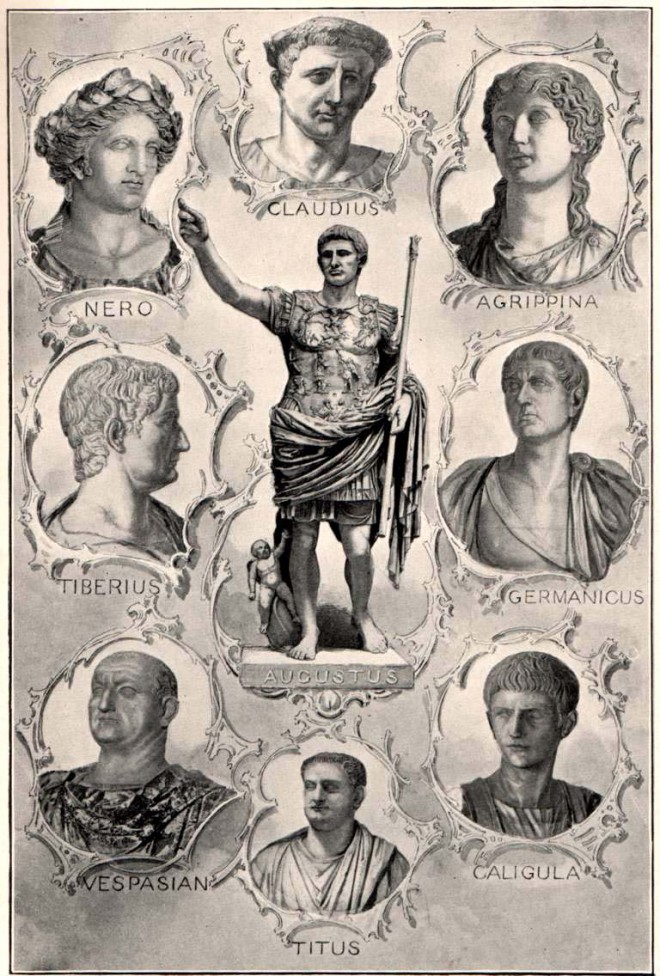The doctrine of man’s triune nature is as clearly defined in the Hermetic books as it is in Plato’s system, or again in that of the Buddhist and Brahmanical philosophies. And this is one of the most important as well as least understood of the doctrines of Hermetic science. The Egyptian Mysteries, so imperfectly known by the world, and only through
Page 363
the few brief allusions to them in the Metamorphoses of Apuleius, taught the greatest virtues. They unveiled to the aspirant in the “higher” mysteries of initiation that which many of our modern Hermetic students vainly search for in the kabalistic books, and which no obscure teachings of the Church, under the guidance of the Order of Jesuits, will ever be able to unveil. To compare, then, the ancient secret societies of the hierophants with the artificially-produced hallucinations of those few followers of Loyola, who were, perchance, sincere at the beginning of their career, is to insult the former. And yet, in justice to them, we are compelled to do so.
One of the most unconquerable obstacles to initiation, with the Egyptians as with the Greeks, was any degree of murder. One of the greatest titles to admission in the Order of Jesuits is a murder in defence of Jesuitism. “Children may kill their parents if they compel them to abandon the Catholic faith.”
“Christian and Catholic sons,” says Stephen Fagundez, “may accuse their fathers of the crime of heresy if they wish to turn them from the faith, although they may know that their parents will be burned with fire, and put to death for it, as Tolet teaches. . . . And not only may they refuse them food . . . but they may also justly kill them.”
It is well known that Nero, the Emperor, had never dared seek initiation into the Mysteries on account of the murder of Agrippina!
Under Section XIV. of the Principles of the Jesuits, we find on Homicide the following Christian principles inculcated by Father Henry Henriquez, in Summae Theologiae Moralis. Tomus 1, Venetiis, 1600 (Ed. Coll. Sion): “If an adulterer, even though he should be an ecclesiastic . . . being attacked by the husband, kills his aggressor . . . he is not considered irregular: non ridetur irregularis” (Lib. XIV., de Irregularitae, c. 10, § 3).
“If a father were obnoxious to the State (being in banishment), and to the society at large, and there were no other means of averting such an injury, then I should approve of this” (for a son to kill his father), says Sec. XV., on Parricide and Homicide.
“It will be lawful for an ecclesiastic, or one of the religious order, to kill a calumniator who threatens to spread atrocious accusations against himself or his religion,” is the rule set forth by the Jesuit Francis Amicus.
Page 364
So far, good. We are informed by the highest authorities what a man in the Catholic communion may do that the common law and public morality stamp as criminal, and still continue in the odor of Jesuitical sanctity. Now suppose we again turn the medal and see what principles were inculcated by Pagan Egyptian moralists before the world was blessed with these modern improvements in ethics.
In Egypt every city of importance was separated from its burial place by a sacred lake. The same ceremony of judgment which the Book of the Dead describes as taking place in the world of Spirit, took place on earth during the burial of the mummy. Forty-two judges or assessors assembled on the shore and judged the departed “soul” according to its actions when in the body, and it was only upon a unanimous approval of this post-mortem jury that the boatman, who represented the Spirit of Death, could convey the justified defunct’s body to its last resting-place. After that the priests returned within the sacred precincts and instructed the neophytes upon the probable solemn drama which was then taking place in the invisible realm whither the soul had fled. The immortality of the spirit was strongly inculcated by the Al-om-jah. In the Crata Repoa the following is described as the seven degrees of the initiation.

Moe is the founder of GnosticWarrior.com. He is a father, husband, author, martial arts black belt, and an expert in Gnosticism, the occult, and esotericism.

